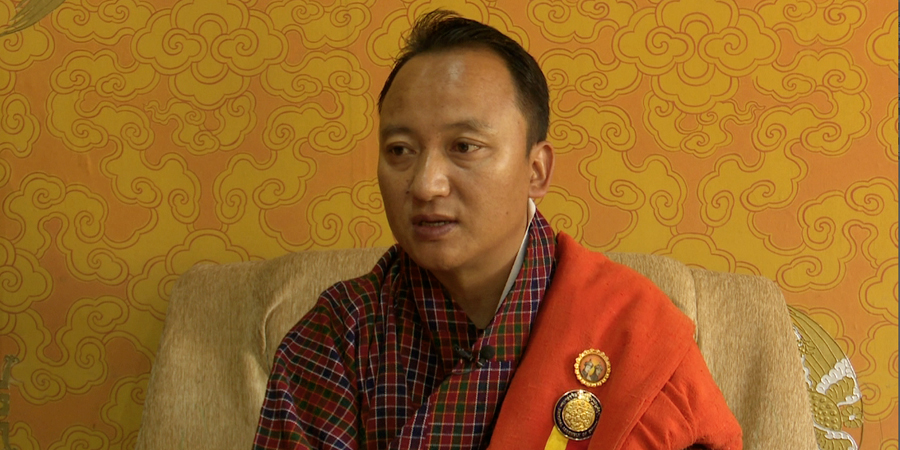
The Bhutan Integrated Taxation System (BITS) is expected to be ready by March next year. Finance Minister Namgay Tshering said this while introducing the Goods and Services Amendment Bill 2021 in the National Council today. Once the BITS is complete, GST Act will come into effect by July next year. The government during the summer session deferred the implementation of GST since the BITS was not complete.
The government plans to digitize the GST system through BITS. BITS comprise an online registration platform and a payment and refund system.
The Thimphu TechPark is currently developing the system with the help of experts from Armenia.
“The first release is a registration system. We have already done the soft launch of the registration. The main component of GST is release 1.2, which is a GST payment and refund system. The experts are currently working on that. As per our understanding, the expert and TTPL are supposed to complete 1.2 by end of March 2022 and test run for at least one to two months. So that we make ourselves ready to roll out by July,” said Lyonpo.
The government also wanted some time to train local technicians and officials to use the system. The government allocated almost Nu 600 M to develop the system.
Once the GST is implemented, a single tax rate of seven per cent will replace the existing tax rate structures. At the moment, there are 13 different sales tax rates.
Besides strengthening tax administration and improving tax compliance, the GST will prevent double taxation. In the current scenario, consumers land up paying more:
“If I am in the manufacturing company when a manufacturing goods and services sell out, maybe like one round of tax will be implied. Secondly, if you are a wholesaler, then the wholesaler will also pay a tax. The retailer will also pay a tax. So basically tax cascades right from manufacturer to the retailers. So basically there are three different phases of taxes being applied for a single product. That’s why the price of the commodity is a little higher and ultimately the brunt of that cascading effects of the taxes will be borne by the consumer,” Lyonpo said.
However, Lyonpo said the GST will ensure that a single tax rate for a product will be applied.
“You actually pay the GST upfront when you import the goods. But you get the input tax credit later. The same applies to the wholesaler. The wholesaler, the retailer and the manufacturer actually get the input tax credit. So that’s why there is no cascading effect.”
If the goods are imported from India, wholesalers will have to register with the GST system and pay taxes. Businesses and entities, whose turnover is at least Nu 5 M annually are required to register for the GST. And for voluntary registration, the threshold is Nu 2.5 M per annum. Only those registered are entitled to refunds.
The essential items such as rice, oil, milk powder are zero-rated, meaning no tax will be imposed on these goods. Exports of any goods are also zero-rated.
The government hopes to make additional revenue of Nu 3bn with the implementation of BITS and GST.
Sonam Tenzin/Sangay Chezom
Edited by Tandin Phuntsho








